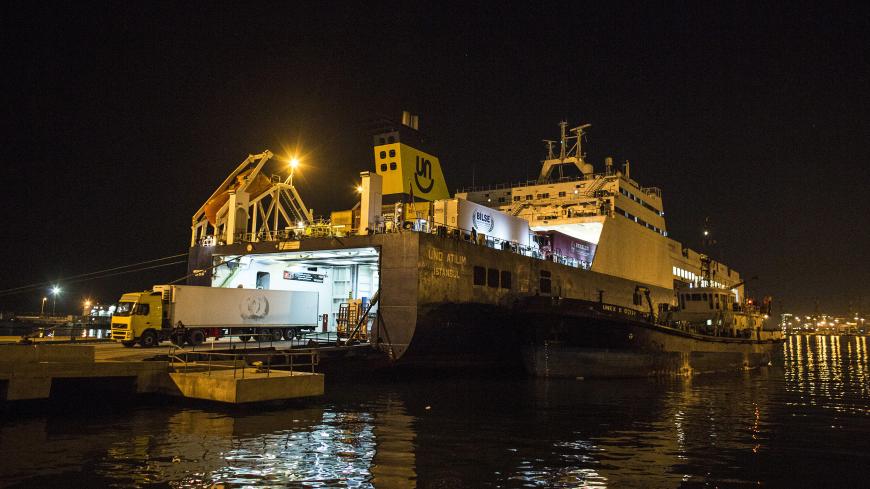As Turkey’s March 31 local elections draw nearer, debates over the ailing economy are flaring up, marked by attempts to use economic data for propaganda, minus any objective and prudent analysis. Turkey’s economic woes last year resulted in a 3% contraction in the fourth quarter, officials announced March 11. Amid the downturn, Turkey's imports have declined and exports have grown — a trend that both the economy management and some industrialist groups present in exaggerated terms to the public.
In early March, Trade Minister Ruhsar Pekcan made the following comments on the still unofficial foreign trade figures for February: “Despite all problems in global trade, we had the highest February export figure in Turkey’s history. Exports increased 5% in the first two months of the year, while imports decreased 23.1%.” She maintained that the rate of exports covering imports was the most important economic indicator this year and it had reached 87.3% in the first two months, up from about 64% in the same period last year.



